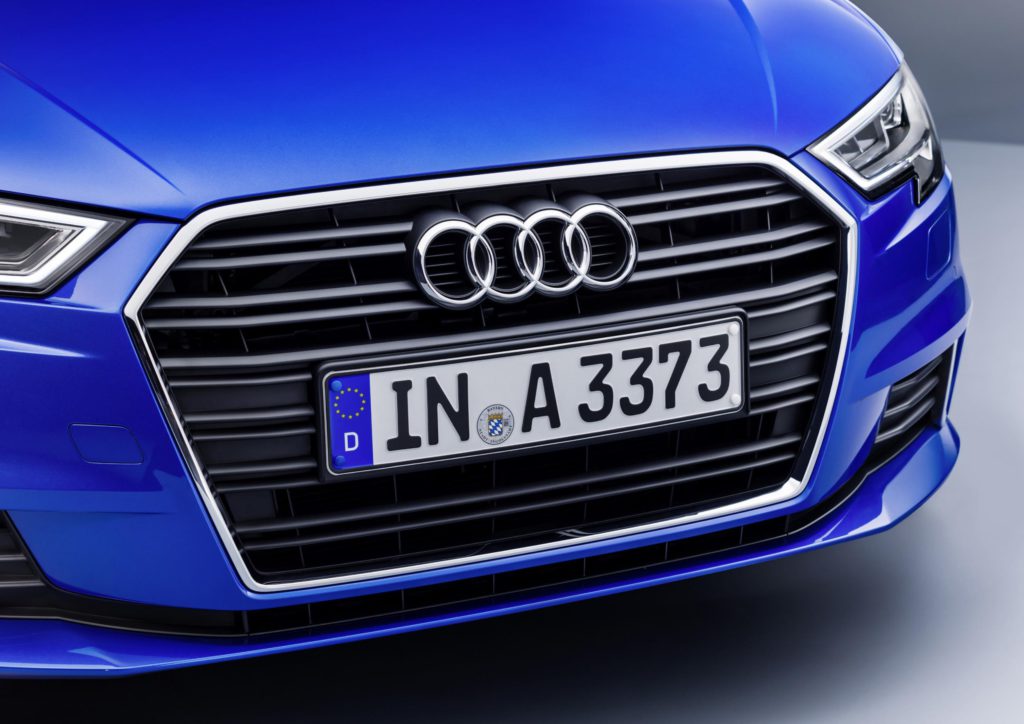Audi could phase out traditional engines for electric and autonomous push
24 October 2017

24 October 2017
Audi is the latest company to discuss its investment in electric vehicles (EVs), with plans to launch one new full electric model each year from 2018 to 2020.
The company is developing an electric platform with Porsche, and will use this in its push to bring more electric vehicles to market, with the aim of becoming a market leader in the technology, ahead of other German car makers. VW aims to have 80 EVs on sale by 2025 while Daimler will bring its EQ electric range to market by 2020. BMW already has electric vehicles but is looking to increase its offering by electrifying every model in its range.
Audi’s push comes from the belief that a third of the company’s sales will come from both hybrid and electric by 2025, and its ′Premium Platform Electric’ being produced with Porsche will see a 60/40 split in production, with the A4 and A6 models utilising it for their electric versions.
In order to do this, the company must look at the rest of its range. Speaking to Automotive News, Peter Mertens, Audi’s board member for technical development, comments: ′We will thin out our engine-transmission combinations, but entire engine families might also disappear. Do we really need a V10 and W12 for the next generation of cars? We get questioned about the future of the V8, and in particular, the diesel, but I cannot imagine we will do without it. We have a very important group of customers who really want eight-cylinder engines in larger vehicles. Will it exist forever? No, but it will for a rather long time.’
Audi is also pushing ahead with introducing autonomous driving to the consumer market, with the new A8 featuring Level 3 technology, a move that some manufacturers are skipping as it requires the driver to be alert and ready to take control in all situations. However, launching Level 3 gives Audi a stepping stone to further autonomy.
Speaking about the launch of Level 4 in a vehicle, Mertens adds: ′It’s realistic [to bring Level 4 to market] within a time frame of about five years. It could come a bit earlier or a bit later. We’ve made the first step toward Level 3 conditional autonomy with the A8, and we’re working hard on making the jump to Level 4.’
There is currently no agreed framework between countries over autonomous systems, with each area having their own plan as they look to develop systems. With Audi being the first to launch a vehicle with Level 3, where the driver can hand total control over to the vehicle but must be prepared at all times to take it back, the company is ahead of the current development curve. With no agreement, there is no type approval regulation in place for the system, which means Audi either has to wait or seek exemption, something it is currently undertaking.
Photograph courtesy of Audi